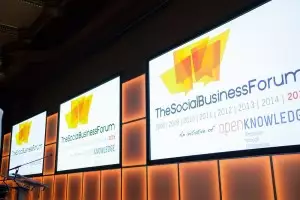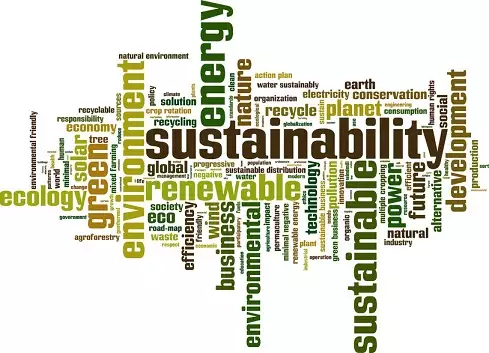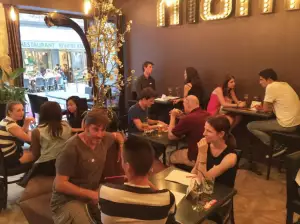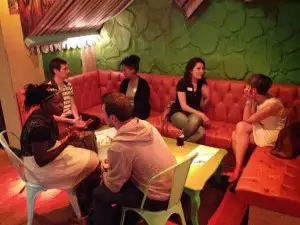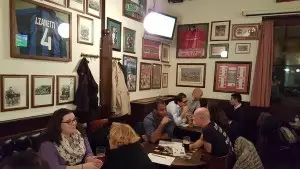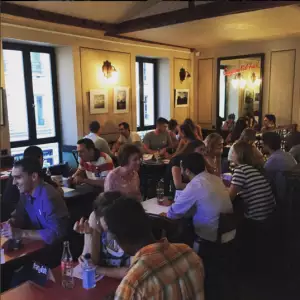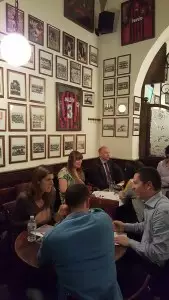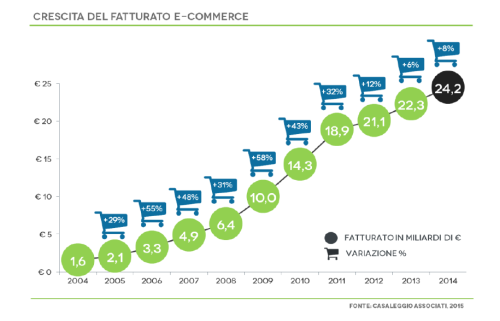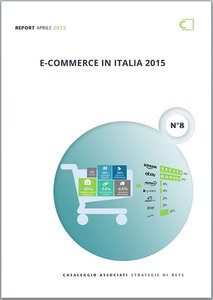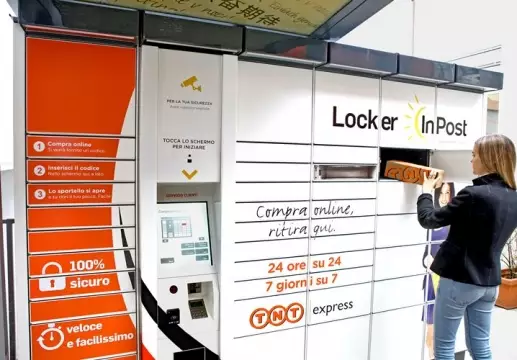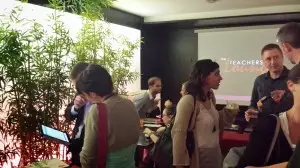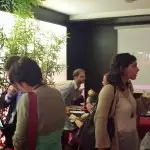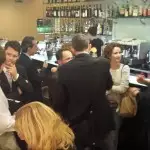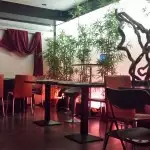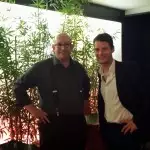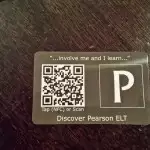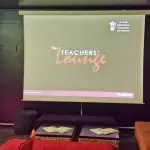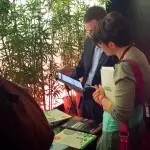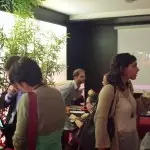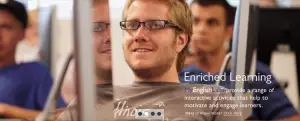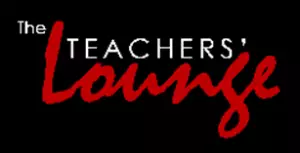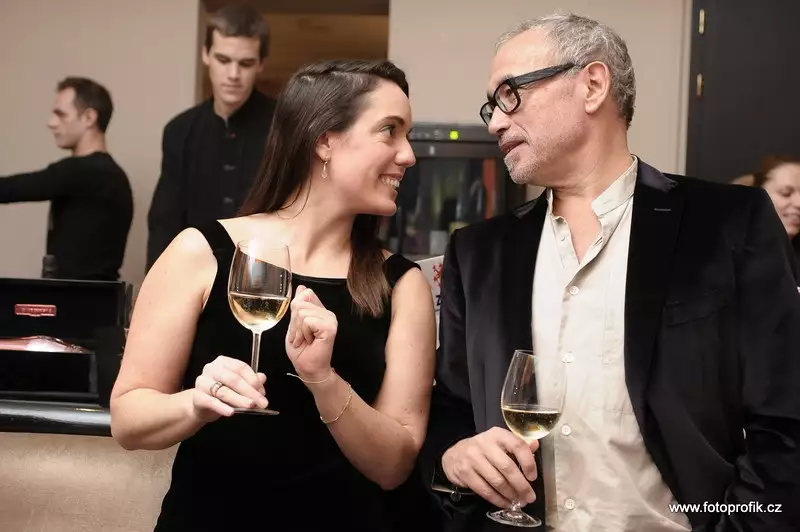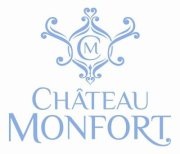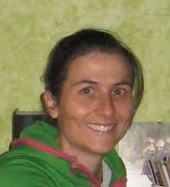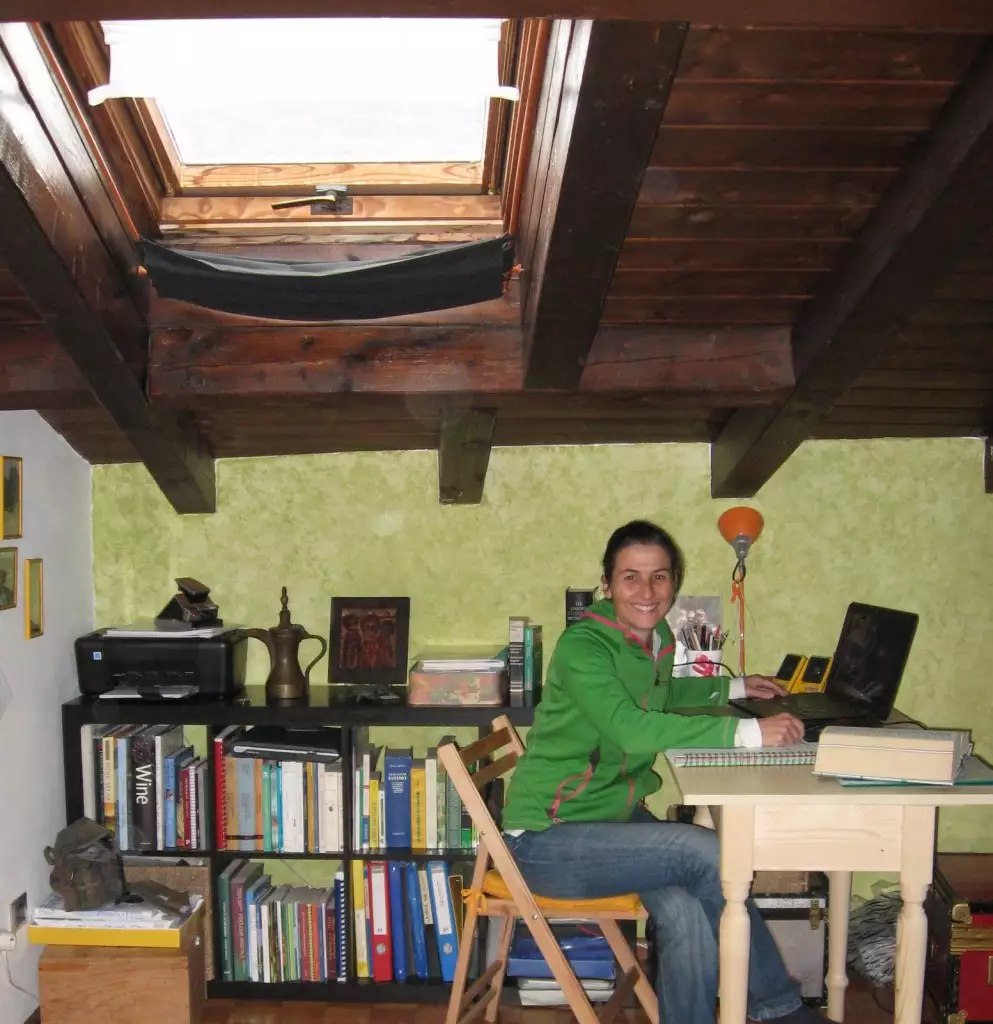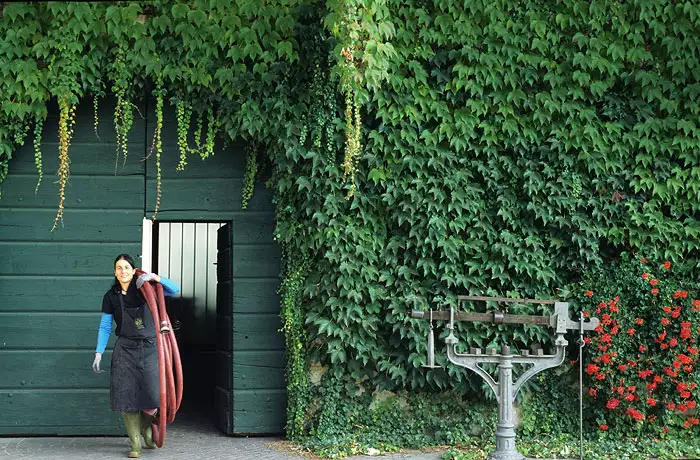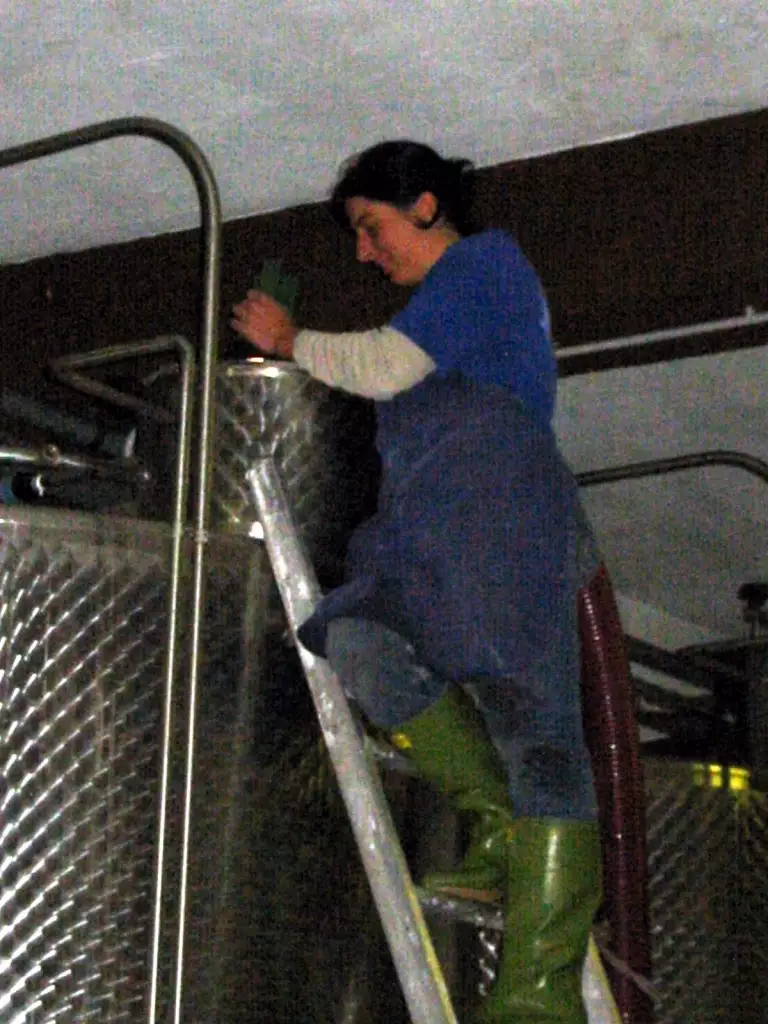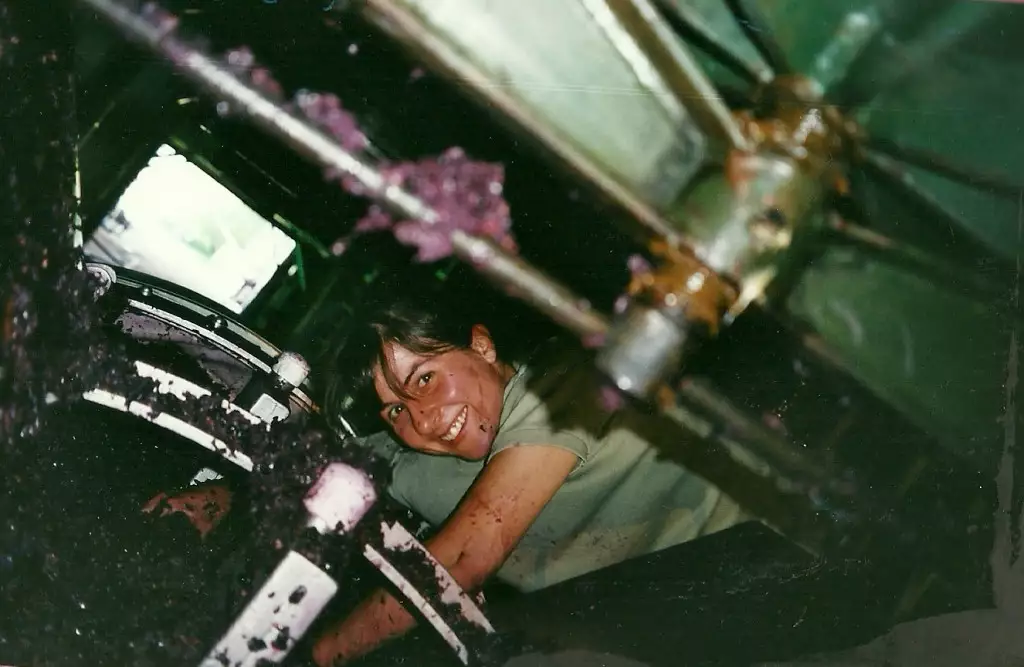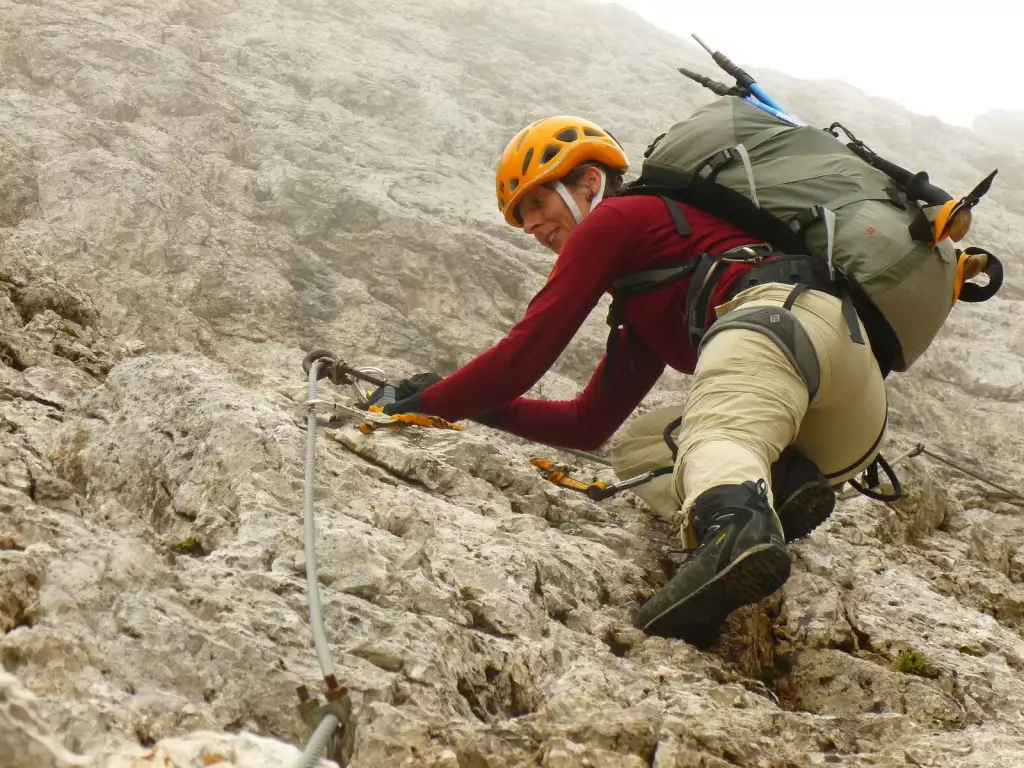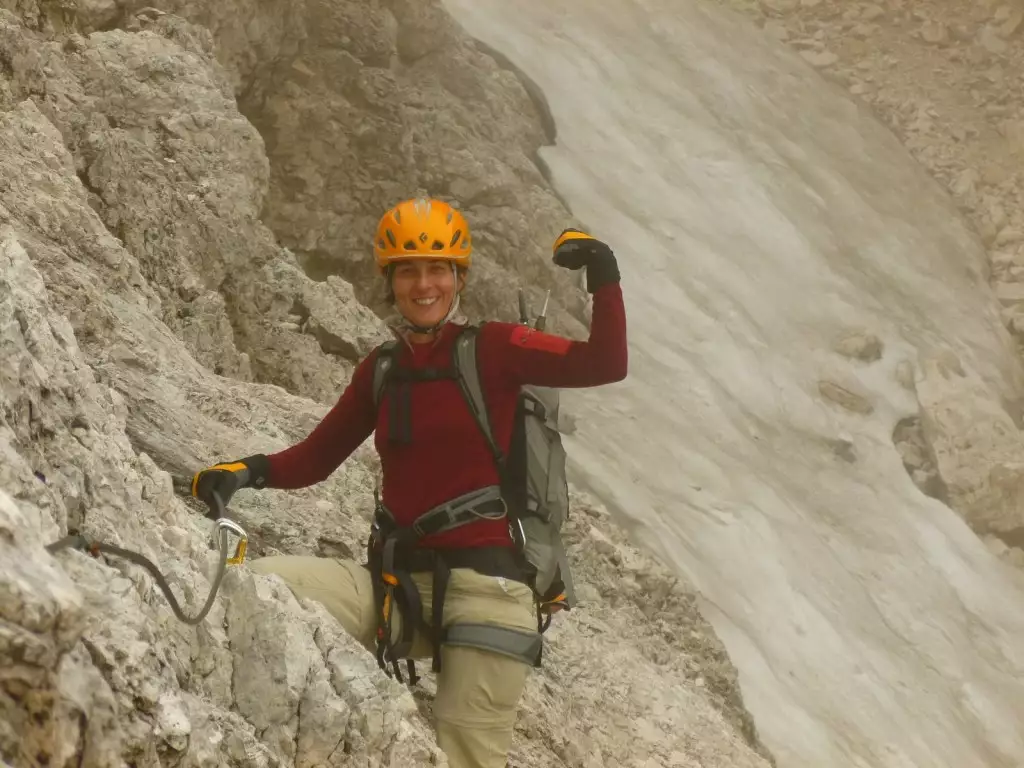Suzanne Beveridge is a former international business executive who left her corporate career to help others succeed in work they love. She speaks, writes and coaches about how to be a better leader. She is an executive coach and life-leadership strategist, founder of the Get Ready To Lead Institute and author of the Confident Leader Curriculum.
Here, she talks to Robert Dennis of Network Milan, the online news magazine of the Milan Business English Network, about her life, work and the passion she brings to her unique coaching and leadership workshops and programmes.

Suzanne Beveridge, Executive and Leadership Coach
Network Milan: Suzanne, thanks for taking the time to talk to us! Tell us a bit about yourself: where are you from and how did you end up in Italy?
Suzanne Beveridge: Thanks for the invite! Well, I’m Australian by nationality. But with all the moves I’ve made, I guess I fit the cliché “Citizen of the World”. I came to Italy 10 years ago – at first on a student visa to study Italian and design when I took a sabbatical year from my work in the United States.
My husband Earle and I planned to return to Australia at the end of the sabbatical year – our household goods had already been shipped there from San Francisco! But then the Italian dream got to us. And we found an old farmhouse on the rolling hills of the Marche region. Correction – I call it an Italian country garden that just happens to have a house in it!
I’m the eldest of four. My Dad is a master builder and he and my Mum ran our family home construction business. I was (I think) the first in many/several (ever?) generations to leave school and go to university where I studied science. That was my first career but my heart really wasn’t in it. My business instincts eventually came to the fore and I left to work in the medical and pharmaceutical industry.
Like many Australians I had a deep yearning to see distant places and experience their cultures. As my income grew, so did my trips abroad. At first in nearby Asia and then Europe and America.
NM: What is your professional background? How did you get into coaching?
SB: I think both my love of travel and my sales and marketing business passions influenced my International marketing major in my MBA. As soon as I completed it, I was offered the chance to run the business development efforts in Latin America for the global company I was working with at that time. It was a dream come true.
My husband and I packed up and moved to the Los Angeles area where the company headquarters was located. After a couple of years, it turned out I was good at telling the story of the business and I was offered a job in investor relations. From there I was recruited to a small biotech company in the San Francisco bay area to run their corporate communications department.
I left following a corporate buyout. And that was when my sabbatical year began.
After buying our house in Marche, I set up a business as a freelance public relations professional and worked in the Milan area for a couple of years. In 2007, I was offered the chance to head up public relations for an international organization in Germany. It was a fabulous opportunity to build on what was already there and expand the function. What made it so great were the people.
After 4 years, I realised that my life balance was out of kilter. And I sadly decided not to renew my contract. It was a major wrench to leave the fabulous team I worked with. As I worked up the courage to tell them that I was leaving, I searched for what it was I would be doing after I left.
It truly was like a bolt of lightning that jolted me into finding the passion that had been underlining all my career moves: I loved seeing other people become great at what they do. And I had worked out early in my management and leadership career that ‘telling’ people what to do did not inspire action. When I included them in the project from the beginning and made them equal partners in our success, that’s when they could find the confidence to let their own brilliance shine.
The very day I worked that out, I enrolled in my coach certification course and started planning my business.
NM: What exactly is coaching? What does it involve?
SB: More and more people are aware of how partnering with a professional coach can help them achieve what they really want, both at work and in life. It’s no longer something reserved for executives from large corporations! In my own coaching business, I work with both corporate clients and with people who choose to partner with me privately.
When you enter into a coaching partnership, you begin an inspiring and empowering journey that helps you connect your deepest internal passions and desires with external strategies and behaviours so that you achieve the success you are meant to have in life.
The reason coaching works so well is due to the powerful synergy that happens in the relationship with your coach. Your coach has only your interests at heart and stays true to what you want to achieve in each session and for the entire length of your partnership.
Coaches don’t give advice – they help you find the answers. Your coach helps you work out how you will achieve what you choose to do; helps you develop plans to do it; and holds you accountable for what you say you will do. Your coach is your biggest champion, cheering you on to success. And your coach is there to celebrate every small achievement with you.
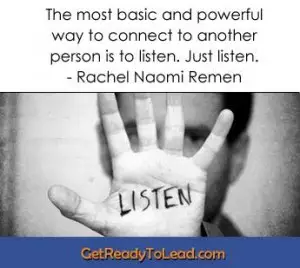
Network Milan: Who are the sorts of people who benefit from coaching?
Suzanne Beveridge: Professional coaching can help in many situations that people struggle with at work and in life.
It is important to note here that coaching is completely different from therapy or counselling. Coaches are trained to recognize behaviours of people who are best served by psychiatric therapy and counselling. Following treatment, some of these people can and do begin coaching partnerships.
Most coaches specialize in helping people who struggle with specific issues in their life or work. There are divorce coaches, time management coaches and parenting coaches, for example.
I am an executive and leadership coach, which means that I help people who are taking on increased responsibility in more senior roles at work or people who are choosing to step up and expand into bigger roles than they have previously had in their life work.
NM: How do you prepare for a coaching session?
SB: I’m glad you asked this question. Because it’s key to a truly powerful coaching session. I choose to be 100% present for my client in each session, so before each session I take time to put everything else out of my mind. I use practices that focus me completely on the present moment. I think deeply about the person I will be speaking with in a few moments and try to see myself in their position, their situation.
As I begin each call I am then able to ‘listen’ with all my senses to what my client has to tell me and what they want to achieve in our time together. Most people feel no-one hears them properly. Many of my clients tell me that for the first time in their lives they feel they are talking to someone who is really listening, who really gets them.
Staying present with the client and their agenda is a key competency for a coach. My own experience and knowledge are not relevant. If, during my time with a client, I notice my own ideas bubbling up I have a little mantra ‘it’s not about me’ that I repeat in my head to bring me back to my client’s agenda.
NM: What happens in a coaching sessions?
SB: When I partner with a client, I help them understand how every thought they have affects their emotions which, in turn, determines the actions they take. Together we build a roadmap for them to choose a higher level of conscious thought that is constructive instead of destructive. Thoughts drive our energy. So if our thoughts are focused on building, then we are directing most of our energy to creating new possibilities.
And those thoughts can be conscious – we are aware of them – or unconscious. Both drive emotions and actions. I help people get super-aware of both types of thoughts and how they are influencing their actions and the results they may or may not be seeing in their lives and work. Together in the safe space of our partnership, we explore how those thoughts are really serving them and what life would be like if they were to have a different thought.
This is where the magic starts to happen in a coaching session – when you realize what has been holding you back, see another way forward and the commit to action with life-changing and amazing results.
NM: What can people expect to come away with after the session(s)?
SB: Most coaching sessions are 60 minutes duration. We work towards what I call ‘moving the action forward’. Whatever my clients agenda is for the session, I am always looking to raise their energy which means shift them to a higher level of conscious thought so that they leave the session inspired and empowered with an action plan to make the step or steps they choose to make while we are together.
NM: Tell us about leadership: what is it? Why is it so important?
SB: Leadership happens in any interaction where influence occurs. Of course, it can be positive or negative. And we lead both consciously and unconsciously. And our leadership impact can range from minimal to optimal depending on our level of conscious intention for what we want to happen as a result of the interaction.
So, a leader is the person in the interaction who knowingly or unknowingly has the greater influence on the other person.
This leads to my favourite leadership quote from John Quincy Adams: “If your actions inspire others to dream more, learn more, do more, become more – then you are a leader.”
Going back to what happens in a coaching session, you can probably now understand how coaching helps people step up and take responsibility for their lives and lead themselves to achieve the success the truly are meant to have.
And this is important because if we are to create a world that works, then each of us has a role to play in some way. By raising our consciousness, leadership that is ineffective or has a negative influence will be replaced. Margaret Mead said: “Never doubt that a small group of thoughtful, committed citizens can change the world. Indeed, it is the only thing that ever has.” Let’s make sure that change is better!
NM: Are leaders born or can they be made?
SB: We all lead – many people are surprised to hear that. They think of leaders as being public figures or their bosses at work, perhaps their parents. But we do all lead in some way, in some situations rather than others, for a certain period etc.
Sometimes we lead by default, meaning we take on the role when no-one else is available. For example, when your boss leaves and you need to step up to run your department.
The most significant leadership role each of us plays is self-leadership.
Trusting in our intuition is key to leadership. I call your intuitive self your ‘leader inside’. Many external situations in life, at work and in business divert our attention from what our leader inside is telling us. I help people find and get in touch with their leader inside, to trust it like they did when they were children, and allow it to guide them.

Network Milan: Are there any inspirational business leaders or leaders in other fields that you admire?
Suzanne Beveridge: I honour every single person as the leader they are. Wherever, however they lead. And I admire each of them for specific actions that highlight their greatness.
NM: How do you help people develop their capacity for leadership and leadership skills?
SB: I help people step up and lead by raising their awareness of the thoughts that are driving their actions and how they can change to get the results they want. The key way I do that is with the Accelerated Leadership Roadmap – an online assessment that tells you how likely you are to accelerate out of short-term distraction, reactivity and overwhelm & gives you a roadmap to steer your course so that you lead in your full and true potential.
During the personal debrief of your results, you can build your own personal roadmap to help you develop in the areas you choose in order to lead yourself and others like you want to.
It’s an incredibly powerful tool. I use it everyday. My clients get amazing shifts in consciousness just from taking the assessment. And when they choose to continue on with a coaching program over a number of weeks or months, their transformation is inevitable!
NM: What is the Get Ready to Lead Institute and how does it help people develop their leadership skills?

SB: The Get Ready To Lead Institute is at the centre of how I help people be better leaders. You will find loads of free resources and tips about leadership, especially for people who are new to leadership at work, in their communities or simply want to get better at leading themselves and their lives. My weekly blog articles are there.
The Confident Leader Curriculum is my key and **FREE** resource for people getting started on leadership and also for people to understand a little more how I work with them.
 When you register for the Confident Leader Curriculum, you get instant access to a workbook to help navigate your leader’s journey – there’s a Star Wars theme going on, so be ready for it!You will also start to receive the Institute News each week and 12 **FREE** tutorials to help bring out your leader inside and transform in the perfect time and place for you.
When you register for the Confident Leader Curriculum, you get instant access to a workbook to help navigate your leader’s journey – there’s a Star Wars theme going on, so be ready for it!You will also start to receive the Institute News each week and 12 **FREE** tutorials to help bring out your leader inside and transform in the perfect time and place for you.
NM: Tell us more about the workshops you are organising in Milan.
SB: I speak, write and coach about how to be a better leader – which really means I help people get out of their own way so that they live their calling and succeed in the work they love. They share their gifts to live and lead a life that is more connected, more fulfilled, more meaningful… more loving.
A brand new programme that I have to help people to take the lead and expand into bigger, more wonderful roles in life and work is called re-WIRE-ment: The Start of Something That’s All About You!
It’s two live workshops + 21 days of inspired connection. The workshops will be at the fabulous co-working space piano C in Milan (not far from Porta Romana) on Saturday 26 October and Saturday 9 November.
Here’s where to find out more and sign up: http://getreadytolead.com/go/re-wire-ment/
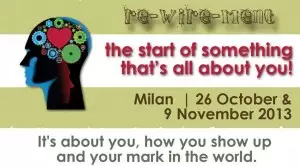
Network Milan: Suzanne, it’s been great talking to you! We wish you all the best with your coaching and leadership programmes.
Suzanne Beveridge: Thanks! I’ve enjoyed talking to you too – and I’m looking forward to meeting members of your network at our workshops and your events soon.
Interview by Robert Dennis, CEO and Head of Innovation at Riverstone Language & Communications and founder of the Milan Business English Network.
***************************
You can find out more about Suzanne Beveridge and the Get Ready to Lead Institute here: www.GetReadyToLead.com
For more information about the Accelerated Leadership Roadmap click here.
There are still a few places available for the Re-WIRE-ment workshops in Milan on the 26th October and 9th November. Find out about the workshops in Milan and book your place here!
The Get Ready to Lead Institute is also on Facebook, LinkedIn and Twitter.
Share and Enjoy

